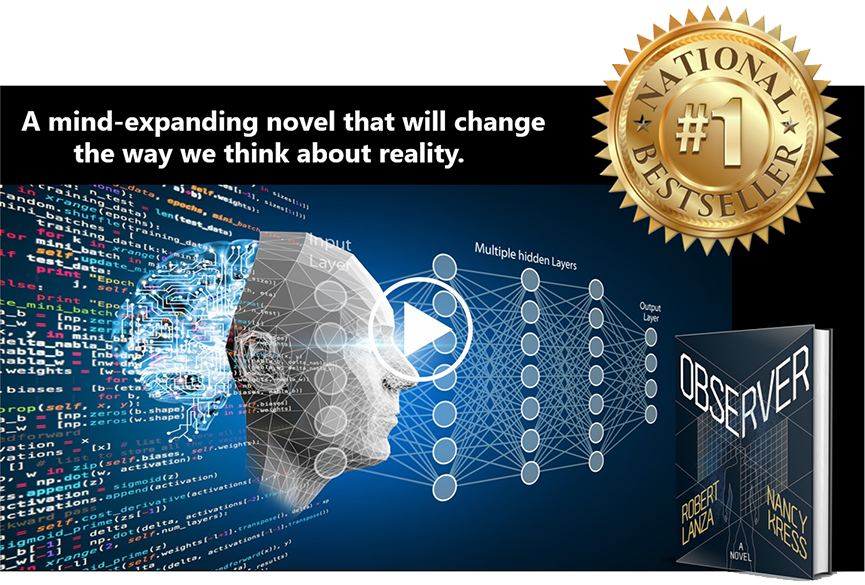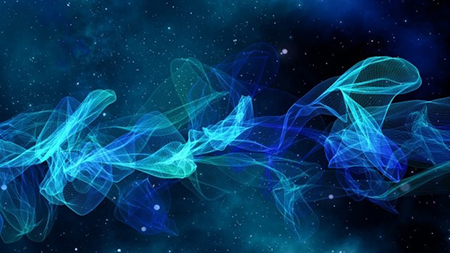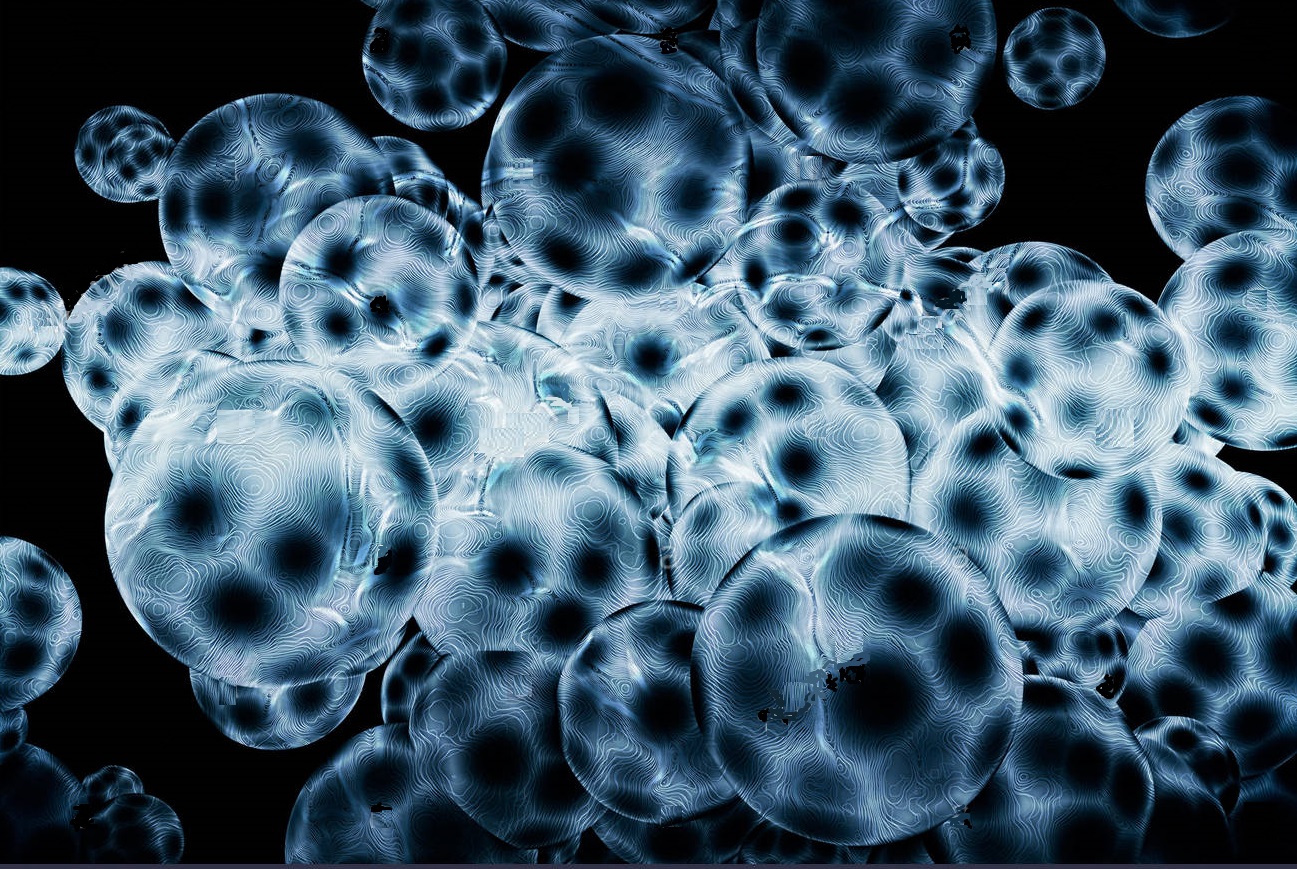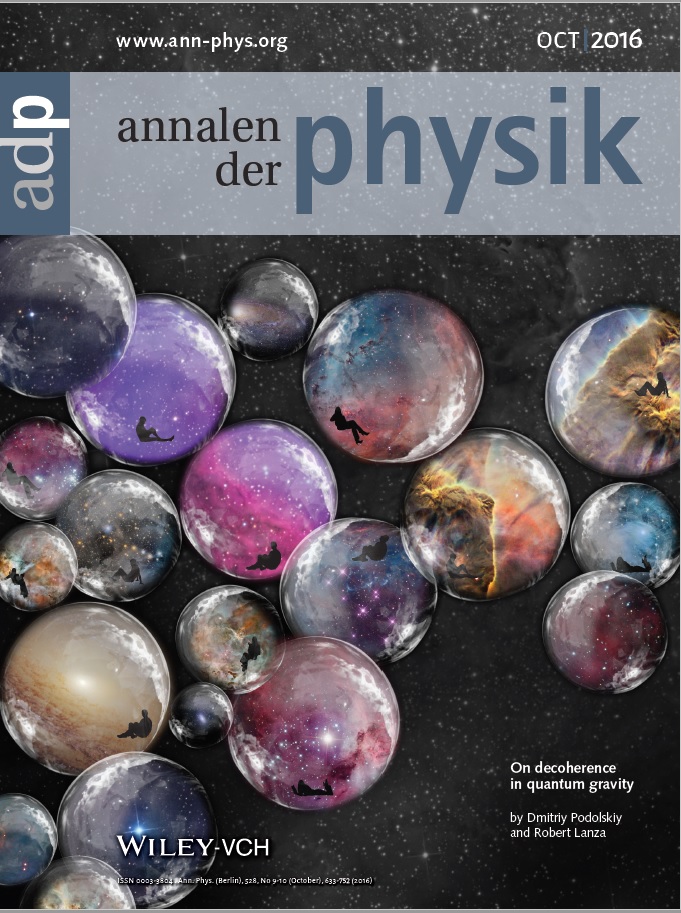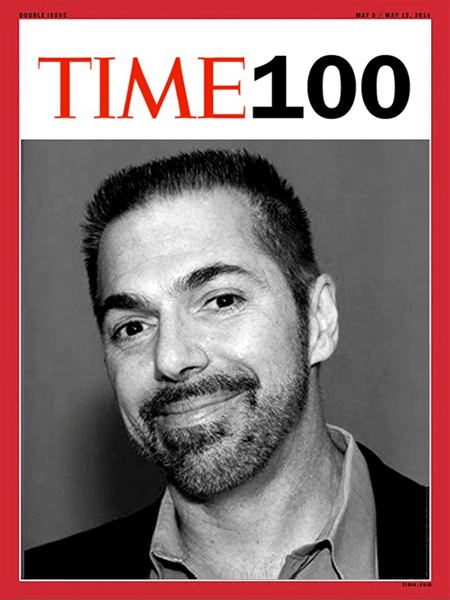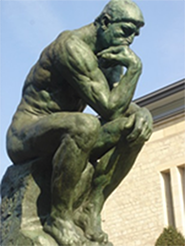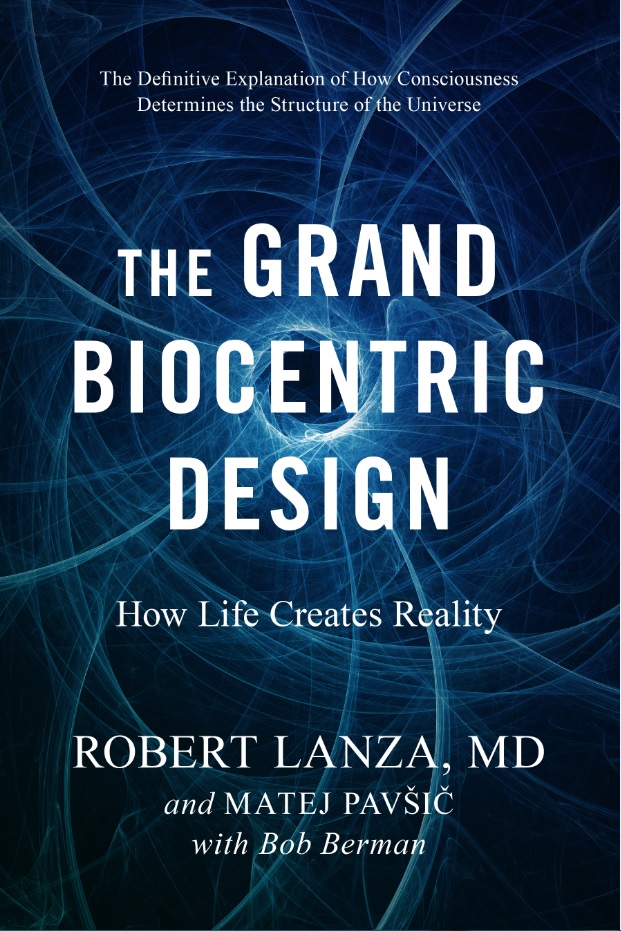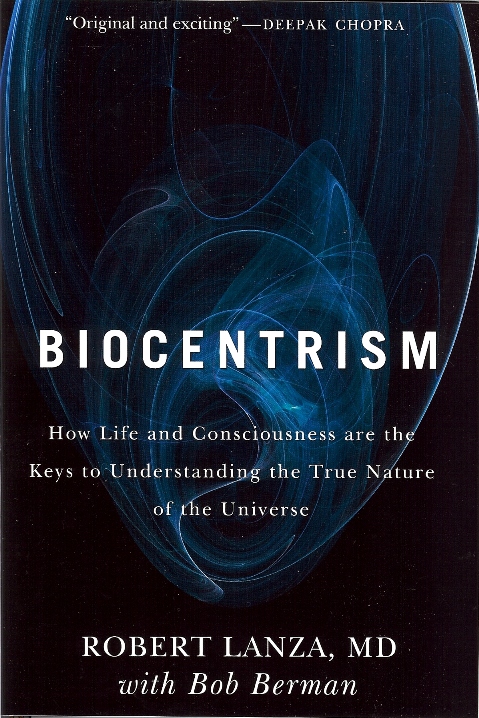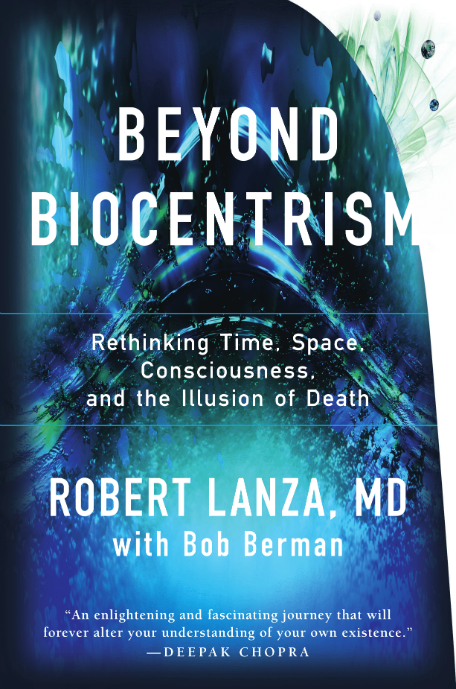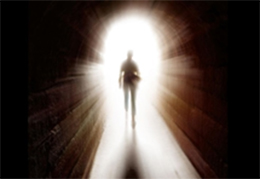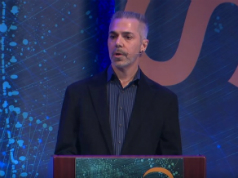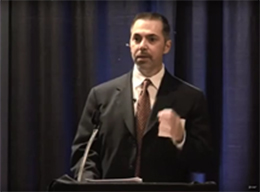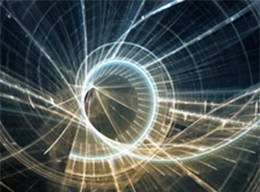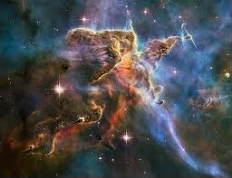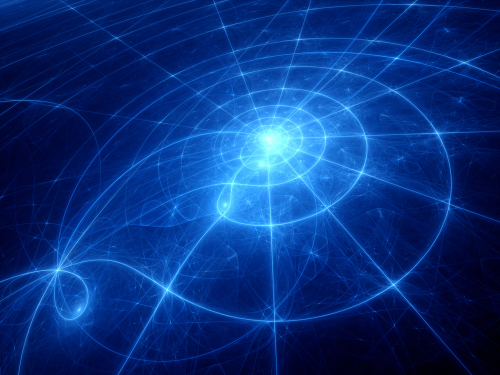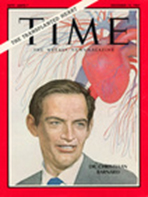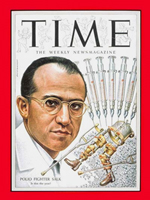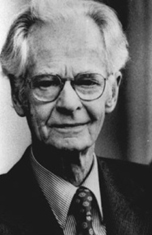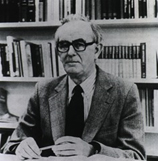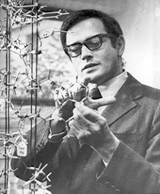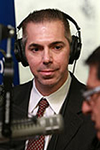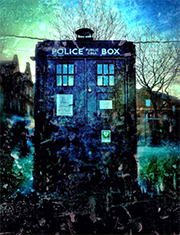Biocentrism holds the key to artificial intelligence
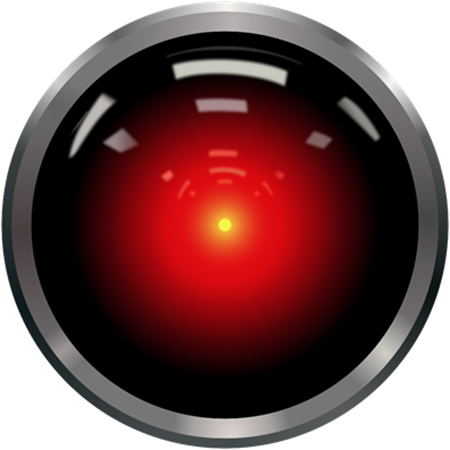
Stephen Hawking recently said we should be very wary of developing "full artificial intelligence" as it "could spell the end of the human race." His doomsday musings were hardly original. SpaceX's Elon Musk had said the same thing earlier the same year, warning that it's "potentially more dangerous than nukes." The idea of computers possessing consciousness was first termed "the Singularity" by computer scientist Vernor Vinge, who believed it would lead to "change comparable to the rise of human life on Earth.”
Of course, computers already control and facilitate much of our daily lives from banking to robotic automobile assembly, and no one wants to return to the old days of manual drudgery for menial tasks like repetitive spot welding. Major advances are reported annually. However, the fear is that AI will someday reach a point of complexity where the machines become self-aware. We've seen this theme in films like the Terminator series Westworld and in 2001: A Space Odyssey.
But what is the basis of consciousness? If complex electrical circuitry plays a key role, well, computers are obviously getting that. With supercomputers improving their capabilities, and speeds of 4 exaflops (or 4 × 1018 calculations per second) expected by 2020, might we actually arrive at the Singularity? Will we then share Earth with another intelligence, possibly forever?
It's easy to assume that if consciousness is generated by an electrical current that stimulates appropriate neural inputs, well, machines use electrical circuits, so we're halfway home. Many regard awareness as a mere ancillary property of life, a casual characteristic that evolution produced to give complex life forms an advantage. They seem unaware that consciousness is a profound issue. Without any exaggeration, it may well be characterized—as Paul Hoffman, former Encyclopedia Britannica publisher once said—as the deepest and most important in all of science.
The issue has plagued scientists and thinkers through the ages. Thomas Henry Huxley, one of Darwin's advocates, said that consciousness "is just as unaccountable as the appearance of the Djin when Aladdin rubbed his lamp." Others think awareness can be described in physical terms, such as the sum total of neural processes in the brain.
The hard problem, which eludes general public awareness, is explaining how and why we have subjective experiences at all, such as seeing and hearing. Somehow (according to the mainstream view) the inanimate materials that comprise our bodies—carbon and atoms—find a way to bestow on us the experience of feelings.
Now, it's assumed that cars and rocks have no feelings and cannot "enjoy" the warm sunlight striking their surfaces. Yet we savor the smell of fresh-cut grass, feel pain if pinched, experience thoughts, and sense the rich crimson of a sunset. We feel. How and why? It’s the most basic kind of question, yet it has no answer to date.
The depth and profundity of this goes to the heart of biocentrism, and to the paranoia over possible computer Singularities, and to the very quest to apprehend the cosmos. Nothing escapes the sweaty grip of perception. Yet, we don't know how consciousness arises. Indeed, even Nobel physicist Steven Weinberg conceded that there's a problem with consciousness: Its existence doesn't seem to be derivable from physical laws.
According to biocentrism, time and space are the language of consciousness — the inner and outer forms of our intuition, respectively, which give the world its order, meaning and sense. We instinctively know that they aren't things, like your iPhone or the pebbles we pick up along the seashore. There's a peculiar intangibility about them. That is because they are simply the tools our mind uses to put everything all together. The situation is something like that of playing a CD. The CD itself contains only information, yet when you turn the player on, the information leaps into three-dimensional sound. Only in that way does the music indeed exist.
We may believe consciousness has a home in our brains, and there's a relative truth to that, but not an absolute one, because the brain itself is as much a construction in our minds as the supposedly external trees, TVs and laptops. If so, then what's really out there? Experiments show nothing is, until it's perceived. Indeed, Einstein's colleague John Wheeler, who coined the word "black hole," once said, "No phenomenon is a real phenomenon until it is an observed phenomenon."
What we observe and experience is a whirl of information in our mind, assembled by algorithms attuned to particular electromagnetic frequencies. Touch the table top and it feels solid. But no solids are ever contacted. Rather, the outermost atoms of your skin are surrounded by negatively charged electrons, and these are repelled by the similar electrons in the table. The sense of solidity is illusory. Fields. Energies. Nothing solid, ever. And it all occurs in the mind, which creates brightness, depth, and a sense of space (location) and time. Even in dreams, our mind can assemble information into a 4D spatio-temporal experience. The universe itself can be viewed as a probabilistic state of potential information, which the observer "collapses" into actual information and sensations. It's a unitary process that bestows the feeling of a "me"—the sense of being.
Let Emerson's words suffice, that "the mind is One, and that nature is its correlative." Until we understand this, a machine can never be made to replicate the mind of a man, or even a dog or a pigeon. For an object—a machine, a computer—there's no other principle but physics and the chemistry of the atoms that compose it. Unlike you and I, they can never be made to have a unitary sense experience, to have "perceptions" or "consciousness," for this must occur before the mind generates the relationships involved in every sense experience—before the relationship between consciousness and the world is established.
Some may accuse me of speculating about internal processes. But who among us isn’t thus guilty? Who hasn’t wondered at the power and capacity of life? of the human mind? and whether the sources of nature, truth, and knowledge, are not to be found in our own head?
Modified from "Beyond Biocentrism: Rethinking Time, Space, Consciousness, and the Illusion of Death" by Robert Lanza with Bob Berman.




